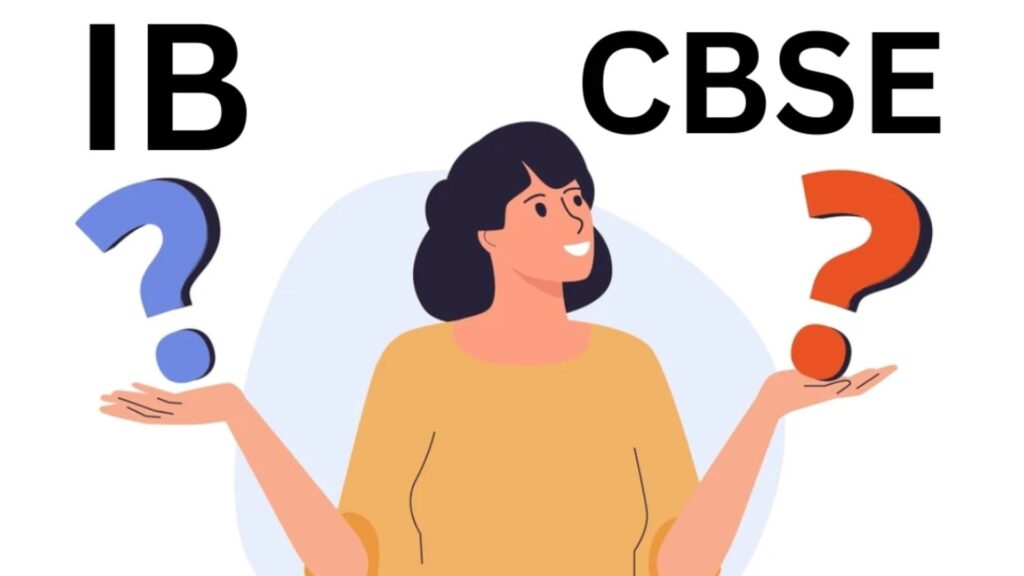CBSE vs International Boards: Why More Indian Parents Are Choosing IB and Cambridge

CBSE vs International Boards: Why More Indian Parents Are Choosing IB and Cambridge
Urban India sees a dramatic surge in international curriculum adoption, led by millennial parenting shifts.
Over the past decade, India has witnessed a staggering 300% increase in the number of schools offering the International Baccalaureate (IB) and Cambridge curriculums especially in urban centers. With over 225 IB World Schools and 700+ Cambridge-affiliated institutions as of 2024, the shift toward global education is unmistakable.
The rise is most pronounced in Tier 1 cities like Mumbai, Delhi, Bengaluru, and Pune, which have seen a 200–250% spike in international schools in just the last five years. Even Tier 2 cities like Jaipur and Coimbatore are catching up with 100–150% growth, while Tier 3 cities like Siliguri and Nashik show early signs of adoption.
So, what’s driving this surge—and why are many parents now conflicted between traditional Indian boards like CBSE and newer global options?
1. A Curriculum That Reflects the Future
Unlike CBSE, which still leans on rote learning, IB and Cambridge emphasize critical thinking, collaboration, research, and real-world application. These are the very skills millennial parents often wish they had been taught.
“Millennials are more self-aware about the gaps in their own schooling. They want more than academic success they want emotionally intelligent, globally equipped children,” says an education consultant and former IB coordinator.
2. Gateway to Global Universities
With a sharp rise in Indian students targeting Ivy League and top UK universities, international boards offer a clear edge. Their emphasis on internal assessments, project-based learning, and analytical thinking aligns well with global academic standards.
“IB and Cambridge students stand out in international applications. The programs encourage deeper learning, not just high scores,” an academic advisor who works closely with aspiring international applicants.
3. Changing Parenting Priorities
Today’s parents are more mindful of their children’s mental health and emotional well-being. Many want to avoid the pressure-cooker environment they experienced under older education systems.
“IB and Cambridge boards reduce exam stress by spreading evaluation throughout the year. This fosters balanced development,” says a child psychologist.
4. Peer Pressure & Prestige
In metros, international boards have also become a status symbol associated with progressive, well-informed parenting. While not the main motivator, this social dimension is real.
As urban families weigh their options, here’s a quick self-check:
- Planning for overseas education?
- Comfortable with long-term premium fee structures?
- Prefer skill-building over marks-focused competition?
If “yes,” IB or Cambridge might be a better fit. But for students preparing for Indian competitive exams or thriving in structured settings, CBSE or ICSE remain strong contenders.
The Bottom Line
The rise of global boards is not a wholesale rejection of Indian education, but rather a recalibration. As millennial parents blend aspiration with awareness, India’s school landscape is transforming, one classroom at a time.












